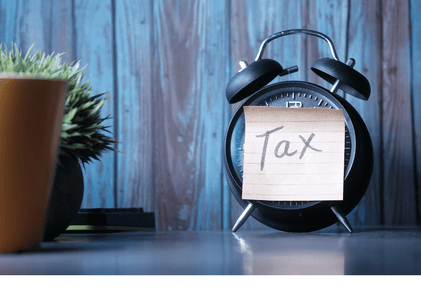What is a Payment on Account?
A payment on account is essentially a way for HM Revenue & Customs (HMRC) to collect income tax and Class 4 National Insurance Contributions (NICs) in advance. It’s based on your previous year’s tax bill and ensures that you spread the cost of your tax liability over the year, rather than paying it all in one lump sum.
Key Features of Payments on Account:
Advance Payments:
Each payment is half of your previous year’s tax bill (excluding Class 2 NICs, Capital Gains Tax, and student loan repayments).
The first payment is due on 31 January (along with the balancing payment for the previous tax year).
The second payment is due on 31 July.
Balancing Payment:
After the tax year ends (5 April), you submit your Self Assessment tax return.
If your actual tax liability exceeds the payments on account, you pay the difference as a balancing payment on the following 31 January.
Conversely, if you overpaid, HMRC will either refund the difference or offset it against future liabilities.
Who Needs to Pay?
Payments on account apply if your tax bill exceeds £1,000, unless 80% or more of your income is taxed at source (e.g., PAYE).
Benefits for Sole Traders/Directors with dividends:
No Immediate Tax Deduction:
Unlike employees under PAYE, you don’t pay tax upfront. This can help with early cash flow as you reinvest earnings into your business.
Spreading the Load:
By paying in two instalments, you avoid a single large tax bill, making it easier to manage finances.
Challenges and Tips for Managing Payments on Account:
Cash Flow Planning:
Payments on account can feel steep, especially in your first year of payment, when you pay both the previous year’s balance and your first payment on account at the same time.
Set aside a portion of your income (e.g., 20%-30%) for taxes regularly to avoid surprises.
Adjusting Payments on Account:
If you anticipate earning significantly less in the current year than in the previous year, you can request HMRC to reduce your payments on account.
Be cautious, as underestimating can lead to interest charges.
Stay Organised:
Use accounting software or a professional accountant to monitor income and tax liabilities.
Understanding payments on account is crucial for long-term success as a sole trader or business owner. It ensures you stay compliant and avoid penalties while managing cash flow effectively.


